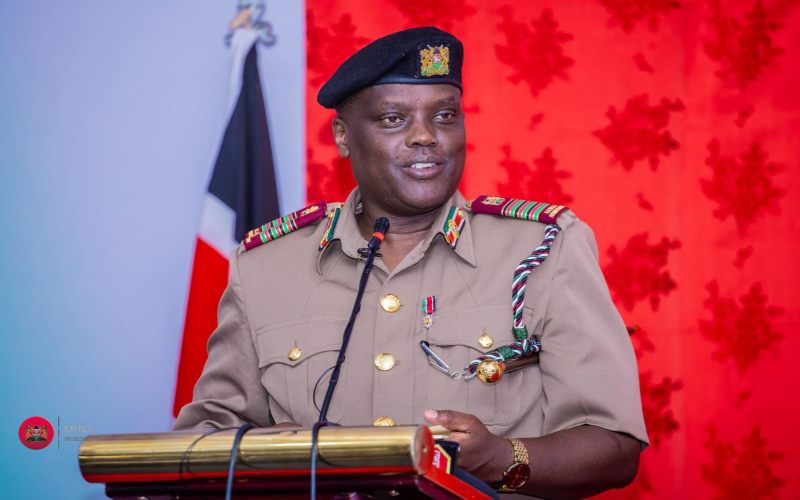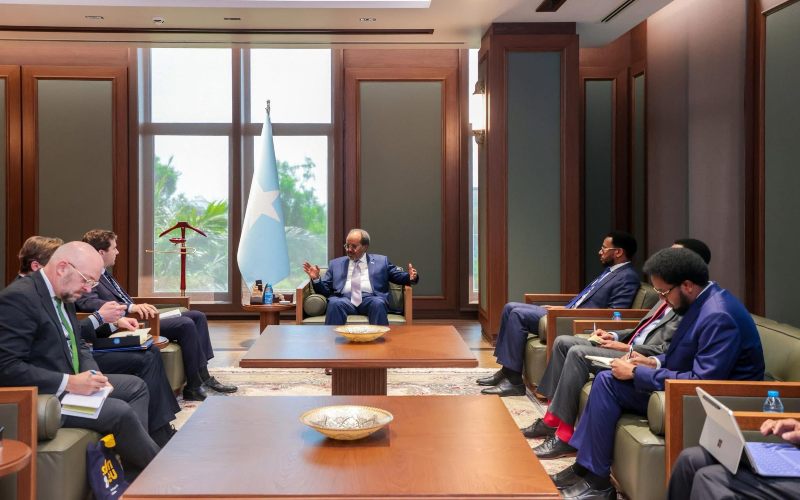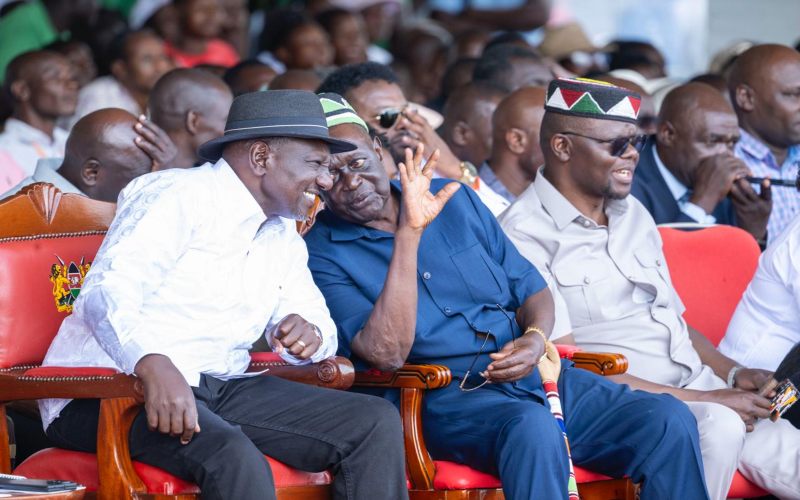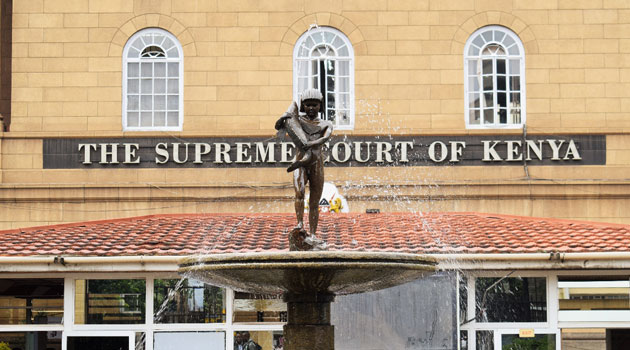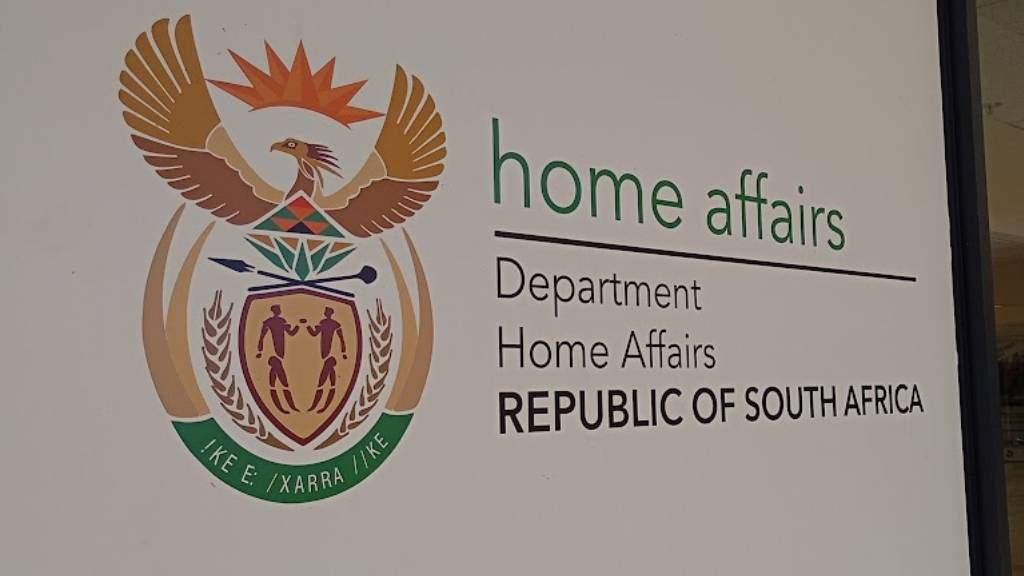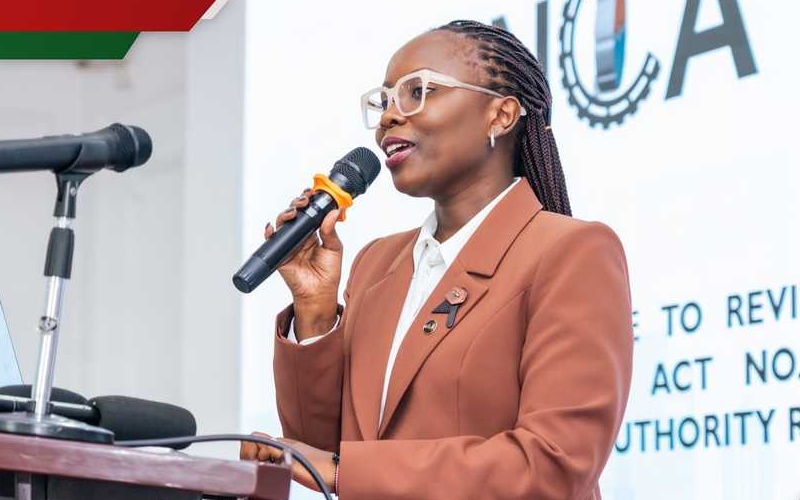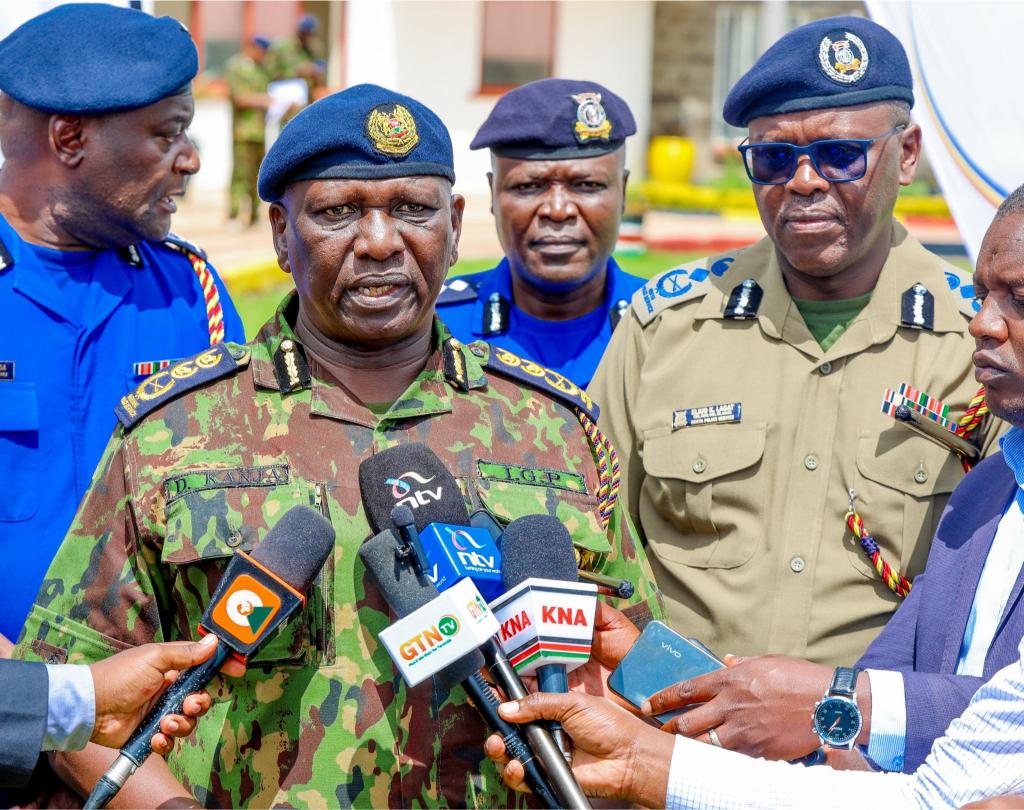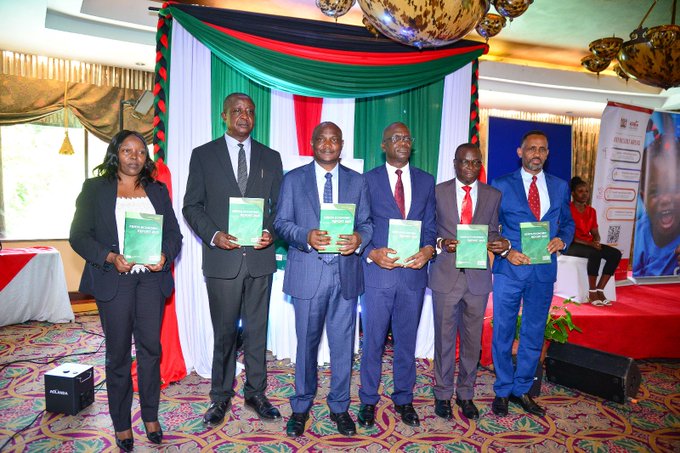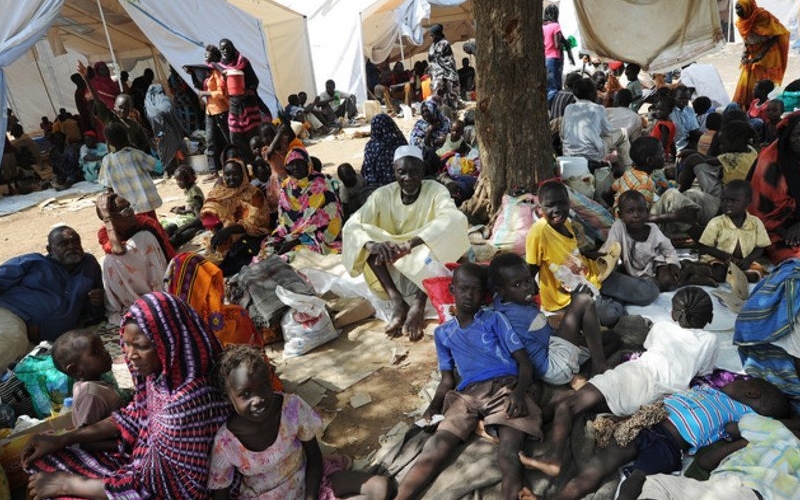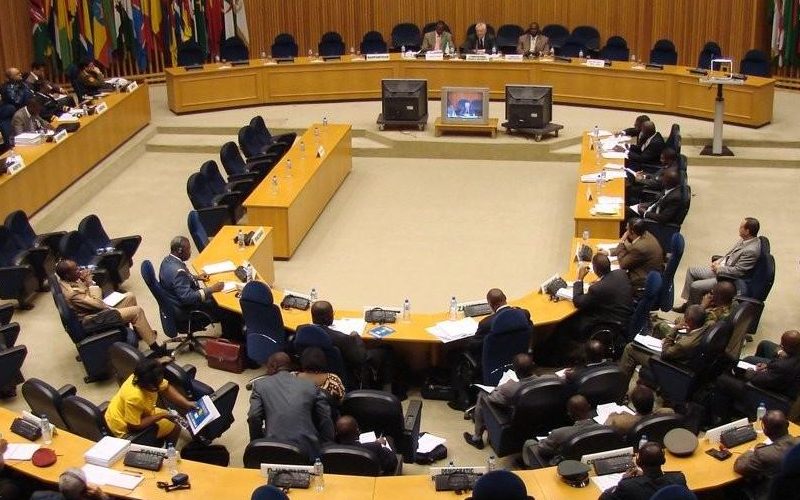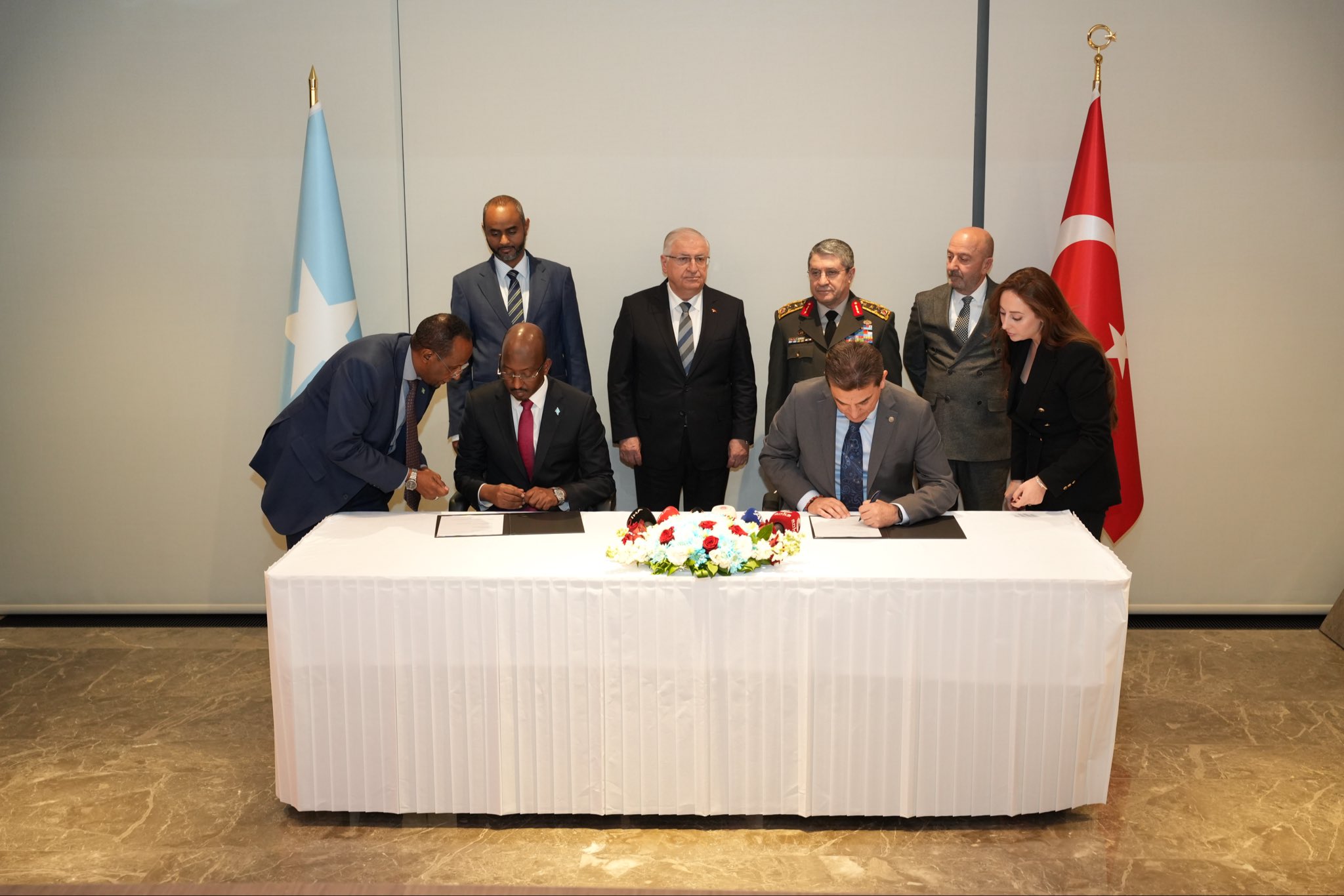Doctors' strike: State seeks 30 more days for talks, wants basic services offered

The government is seeking 30 more days for the negotiations, a period during which it wants doctors to provide minimum services.
The government is pleading with the High Court to order 75 per cent of the striking doctors back to hospitals to provide basic services to patients as negotiations to end it continue.
State counsel James Oduor, from the office of the attorney-general, wants Justice Byram Ongaya of the Employment and Labour Court to grant 30 more days for the negotiations and direct the doctors to provide the minimum services during the period.
More To Read
- Embu doctors’ strike ends as county, KMPDU sign return to work agreement
- Senate committee approves Bill protecting governors from early impeachment
- Garissa County signs MoU with KMPDU to boost doctors’ careers and staffing
- Governors sound alarm as 934 newborns die amid funding row in health sector
- Counties decry handling of hospitals under SHA, accuse Health Ministry of overreach
- Tharaka Nithi Governor Muthomi Njuki named new CoG Vice Chair replacing Mutahi Kahiga
The "Whole of Nation Approach Committee" and a reconciliation committee appointed to participate in negotiations to end the stalemate that has led to a 35-day strike filed their reports in court on April 16 but the details have not been disclosed.
The Kenya Medical Practitioners, Pharmacists, and Dentists Union (KMPDU) initiated the strike on March 15, in a push for, among others, higher pay, improved working conditions, internship postings for medical graduates and fulfilment of the collective bargaining agreement that followed a 100-day strike in 2017.
Oduor says there is a need to stop the loss of lives in hospitals and the suffering of patients occasioned by the doctors' violation of orders issued earlier to restrain them from taking industrial action.
KMPDU lawyer Edgar Washika opposed the application, saying the government is using a "trial by ambush" strategy to bulldoze its way into securing this order.
Washika said while on strike, doctors' officials were only invited to two meetings—on April 12 and April 14—before a report was prepared and filed in court on April 16.
He has not been provided with the report that is being presented in court to support the government's application for more time, he said.
The lawyer added that doctors' employers—national referral hospitals and county governments—did not share the number of staff required to provide the minimum services, to be agreed upon by their representatives and union officials.
The Council of Governors (CoG), which is representing counties in the suit, is supporting the government's application, saying that the majority of deaths from the recent road accidents could have been avoided if the doctors were at work.
They both want most of the doctors to resume work, but Washika opposes the same until the monetary provisions demanded by the doctors are met.
Oduor says the government and its allies are ready to continue with the talks with the doctors but not while they stage protests.
Ongaya is pursuing a situation where the government and the doctors set dates for talks so that parties do not return to court without any agreement.
The hearing continues.
Top Stories Today

